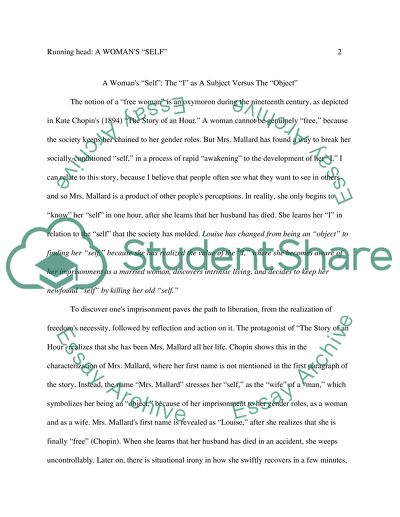Cite this document
(“A Woman's Self: The I as A Subject Versus The Object Assignment”, n.d.)
Retrieved de https://studentshare.org/literature/1390930-a-womans-self-the-i-as-a-subject-versus-the-object
Retrieved de https://studentshare.org/literature/1390930-a-womans-self-the-i-as-a-subject-versus-the-object
(A Woman'S Self: The I As A Subject Versus The Object Assignment)
https://studentshare.org/literature/1390930-a-womans-self-the-i-as-a-subject-versus-the-object.
https://studentshare.org/literature/1390930-a-womans-self-the-i-as-a-subject-versus-the-object.
“A Woman'S Self: The I As A Subject Versus The Object Assignment”, n.d. https://studentshare.org/literature/1390930-a-womans-self-the-i-as-a-subject-versus-the-object.


